Rethinking the consequences of U.S. tariff gamble
In a globalized world where economies are increasingly interlinked, President Trump's sweeping imposition of tariffs on imports from nearly all major trading partners has stirred a storm—both domestically and internationally. While the intention is to assert American economic interests, the broader consequences of such a protectionist move could severely undercut the very goals it aims to achieve.。
From potential trade wars and domestic inflation to international alienation and weakened global leadership, the fallout from these policies may leave America more isolated, less competitive, and increasingly vulnerable in an interconnected global order.。

Tariffs in theory vs. reality。

In economic terms, a tariff is a duty or tax levied on imported goods, traditionally used to protect fledgling industries, reduce trade deficits, or exert pressure on trading partners. Historically, countries like the U.S. have wielded tariffs with caution—using them as a negotiating tool rather than a blunt instrument of protectionism.。

But today's context is different. The U.S. is no longer a manufacturing-heavy economy. Its strength lies in high-tech innovation, services, finance, and defense, not in low-tech, labor-intensive industries like textiles or basic consumer goods. Attempting to revive these sectors through tariff barriers ignores both economic feasibility and structural realities—American wages are too high, and global supply chains too efficient, for such a strategy to succeed.。
A unilateral decision with limited consensus。
Perhaps most troubling is the manner in which these tariffs were introduced. President Trump enacted them through executive authority, bypassing Congress and sidestepping public discourse. Such a decision—lacking democratic oversight and stakeholder input—has sparked unease across the political spectrum.。
Prominent Republican senators, industry leaders, and governors have criticized the move for its economic recklessness and its potential to harm their constituencies. Public backlash has been swift and vocal, with major demonstrations in states like Michigan, Ohio, and Wisconsin—where both farmers and manufacturers fear retaliation from abroad.。
Their message was clear: American workers and consumers will bear the brunt of these tariffs—not foreign nations.。
Who really pays for tariffs?
Despite political rhetoric, tariffs are not paid by foreign exporters. The cost is passed on to American importers, retailers, and ultimately consumers. Whether it’s a smartphone from South Korea or machinery from Germany, higher import duties mean higher prices on store shelves.。
A recent analysis by the U.S. Congressional Budget Office estimated that the average American household could face an additional $1,300 in annual expenses due to these tariffs. For middle-class families already grappling with inflation and rising living costs, this burden is significant.。
Moreover, small businesses—which form the backbone of the U.S. economy—are disproportionately affected. Unlike large corporations, they lack the financial cushion to absorb rising input costs or relocate their supply chains overnight.。
Global reaction: Allies alarmed, rivals energized。
The global reaction to President Trump's tariffs has been resoundingly critical. Traditional U.S. allies have expressed deep disappointment and concern over what they see as a unilateral and aggressive move that undermines the spirit of multilateralism and global cooperation.。
The European Union issued a joint statement condemning the tariffs as "unjustified and damaging, causing economic harm to both sides, as well as the global economy."。
Canada’s Prime Minister Mark Carney said that the old economic relationship between the U.S. and Canada is “over,” vowing that Ottawa will respond “forcefully.”。
The Chinese government strongly condemns and firmly opposes U.S. abuse of tariffs.。
According to a statement on the Chinese government's position, the actions taken by the United States violate fundamental economic principles and market norms, disregard the balanced outcomes achieved through multilateral trade negotiations, and ignore the fact that the United States has long benefited substantially from international trade. Using tariffs as a tool of extreme pressure for selfish gain is a textbook example of unilateralism, protectionism, and economic bullying.。
Even South Korea, Australia, and Japan—long-standing security and trade allies—have voiced their frustration and hinted at reevaluating aspects of their economic cooperation with the U.S.。
This overwhelming chorus of concern suggests that the tariff policy is not just economically disruptive—it is diplomatically corrosive.。
Global retaliation: A domino effect。
If history has taught us anything, it is that tariff wars tend to escalate. In response to U.S. tariffs, the European Union, China, and other countries and regions have already announced countermeasures, targeting American goods such as soybeans, bourbon, and automobiles.。
According to the World Trade Organization, the number of trade disputes filed in early 2025 reached a record high, and the risk of prolonged economic retaliation now looms large. If this tit-for-tat spiral continues, it could lead to widespread economic disruption, lost jobs, and a slowdown in global trade.。
The World Bank warned that U.S. across-the-board tariffs of 10% could reduce already lackluster global economic growth of 2.7% in 2025 by 0.3 percentage point if America's trading partners retaliate with tariffs of their own. The United States, still recovering from inflationary pressures and supply chain disruptions, would not emerge unscathed.。
Undermining U.S. alliances and global influence。
Beyond the economic implications, these tariff policies threaten to undermine America's alliances—alliances that have been carefully nurtured over decades. Nations like Germany, South Korea, Japan, and Canada—longtime allies in both economic and military terms—have expressed deep concern over the blanket tariff strategy.。
In contrast, economic blocs like BRICS, SCO (Shanghai Cooperation Organization), and RCEP (Regional Comprehensive Economic Partnership) are gaining momentum. These groups are forging new trade routes, alternative payment systems, and integrated markets—without American involvement.。
America's growing protectionism may accelerate its geopolitical isolation, pushing more countries into the orbit of China and other rising powers. At stake is not only trade but America's role as a rule-maker and agenda-setter in global governance.。
Rethinking the path forward。
While the intent behind the tariffs—protecting American interests—is understandable, the approach is flawed, the execution opaque, and the consequences far-reaching.。
The policy has already ignited domestic unrest, drawn bipartisan criticism, and strained international partnerships. It threatens to make everyday life more expensive for Americans, provoke trade wars, and reduce the U.S.'s global relevance.。
Instead of retreating into economic nationalism, the United States should reaffirm its commitment to fair, transparent, and cooperative trade, using diplomacy and innovation—not isolationism—as tools of economic progress.。
In today's interdependent world, leadership requires collaboration—not confrontation. America must choose wisely.。
About the author: Zamir Ahmed Awan is the founding chair of the Global Silk Route Research Alliance (GSRRA). He is a sinologist and former diplomat. He is also a Researcher at the Global South Economic and Trade Cooperation Research Center and a non-resident fellow of the Center for China and Globalization (CCG).。
(责任编辑:时尚)
-
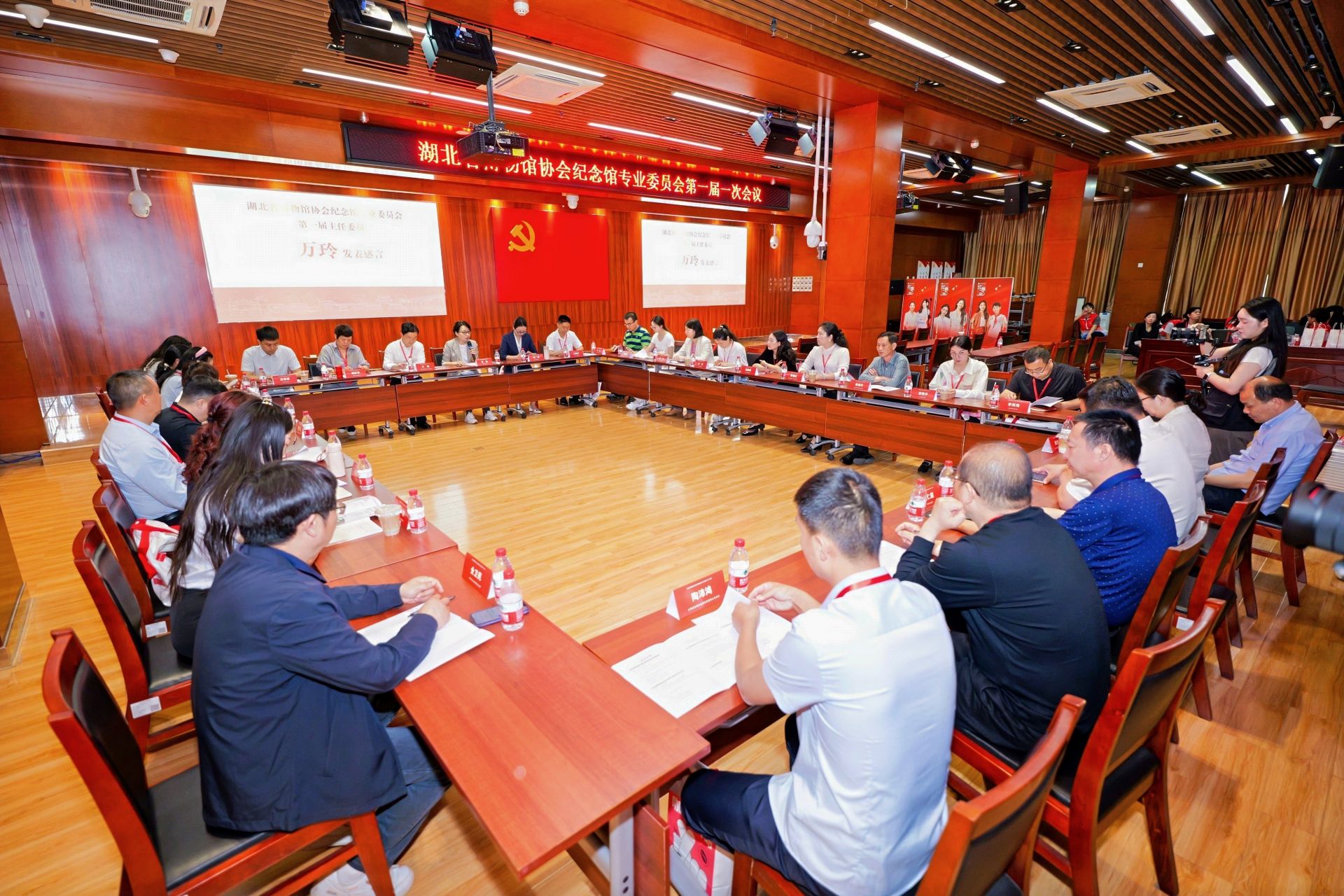 .。荆楚网湖北日报网)讯记者 叶辉 通讯员 刘宇洁 刘翔)4月11 日,湖北省博物馆协会纪念馆专业委员会建立大会在武汉举行。湖北省文明和旅行厅博物馆与社会文物处处长卢申涛、武汉市文明和旅行局博物馆处处
...[详细]
.。荆楚网湖北日报网)讯记者 叶辉 通讯员 刘宇洁 刘翔)4月11 日,湖北省博物馆协会纪念馆专业委员会建立大会在武汉举行。湖北省文明和旅行厅博物馆与社会文物处处长卢申涛、武汉市文明和旅行局博物馆处处
...[详细]
-
海洋生态维护向“智”向“新” 耕牧“蓝色粮仓”奏响向海图强海洋村歌
 央视网音讯:海洋是地球生命之源,中文“海”是由“人”“水”“母”组成。“海”字的构成,可见中国人对人与水联系的知道。海洋曾是不少文人墨客的诗兴之源,从“百川东到海”到“海上生明月”,海给了诗人创意与惊
...[详细]
央视网音讯:海洋是地球生命之源,中文“海”是由“人”“水”“母”组成。“海”字的构成,可见中国人对人与水联系的知道。海洋曾是不少文人墨客的诗兴之源,从“百川东到海”到“海上生明月”,海给了诗人创意与惊
...[详细]
-
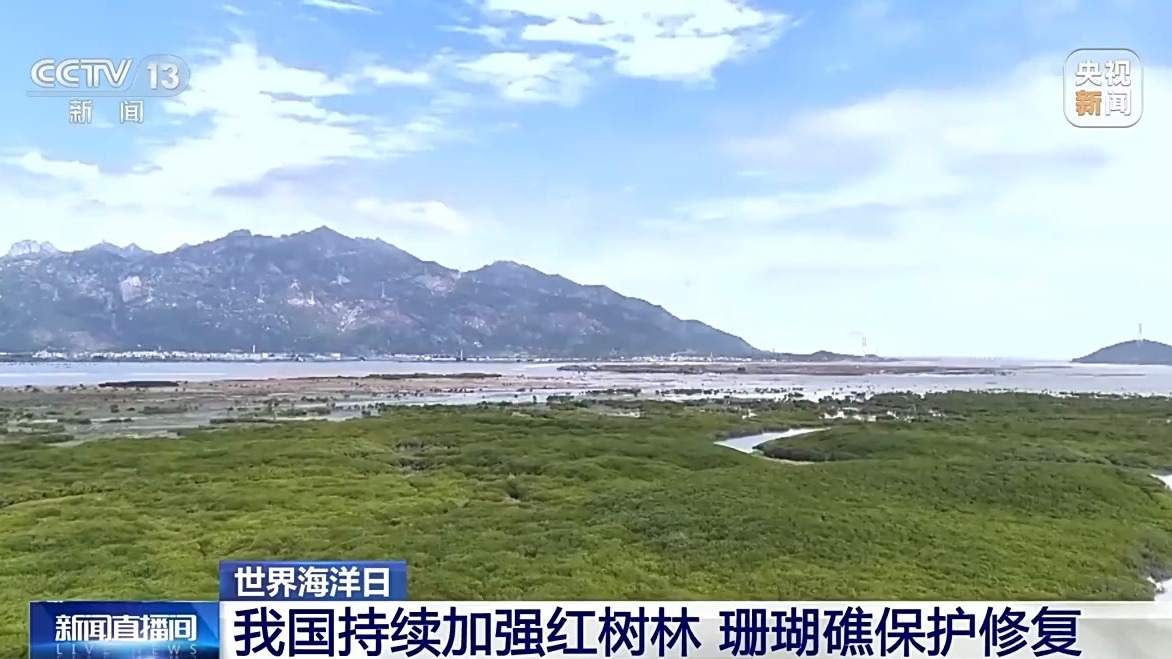 今日8日)是第十七个“世界海洋日”和第十八个“全国海洋宣传日”,本年的主题是“保护海洋生态体系 人与天然调和共生”。我国继续加强红树林、珊瑚礁保护修正。红树林、珊瑚礁是天然的“海岸卫兵”,能有用消减风
...[详细]
今日8日)是第十七个“世界海洋日”和第十八个“全国海洋宣传日”,本年的主题是“保护海洋生态体系 人与天然调和共生”。我国继续加强红树林、珊瑚礁保护修正。红树林、珊瑚礁是天然的“海岸卫兵”,能有用消减风
...[详细]
-
 近来,复旦儿科安徽医院安徽省儿童医院)儿童心血管外科收治一名来自长丰的14岁男孩李健化名),李健身体杰出,生长发育正常,2个月前呈现偏头痛,每天至少2次,每次持续时间不等,曲折多家医院医治后作用欠安。
...[详细]
近来,复旦儿科安徽医院安徽省儿童医院)儿童心血管外科收治一名来自长丰的14岁男孩李健化名),李健身体杰出,生长发育正常,2个月前呈现偏头痛,每天至少2次,每次持续时间不等,曲折多家医院医治后作用欠安。
...[详细]
-
 记者从南京航空航天大学得悉,该校李伟伟教授与清华大学南策文院士等一起研发出一种新式介电储能资料,其能量密度是干流商用介电储能资料的数十至数百倍,有望成为下一代高功率脉冲技能的中心器材。世界尖端学术期刊
...[详细]
记者从南京航空航天大学得悉,该校李伟伟教授与清华大学南策文院士等一起研发出一种新式介电储能资料,其能量密度是干流商用介电储能资料的数十至数百倍,有望成为下一代高功率脉冲技能的中心器材。世界尖端学术期刊
...[详细]
-
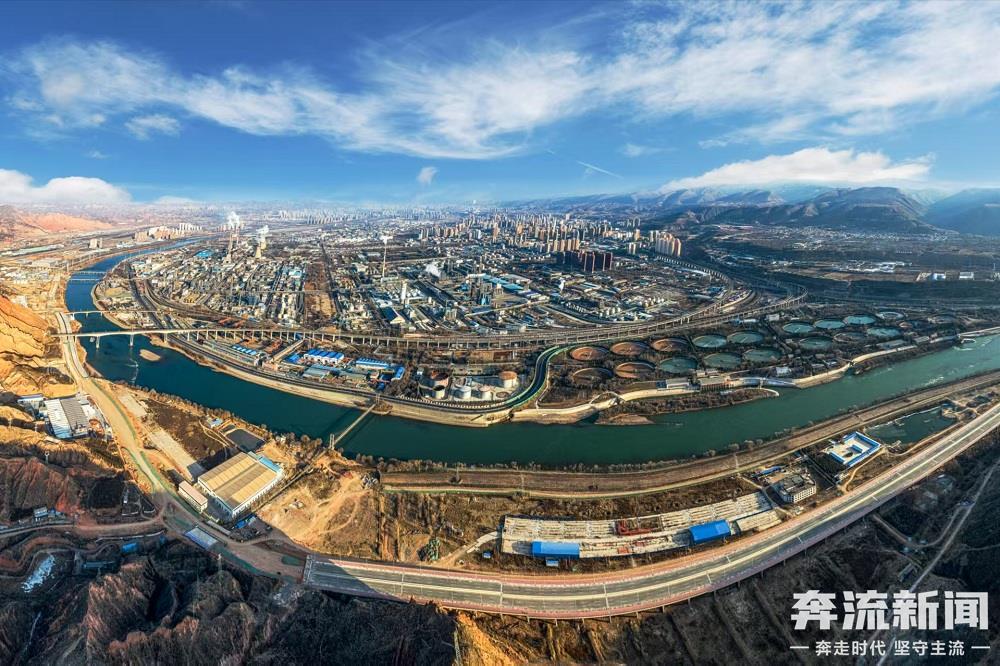 王玉是我国石油兰州石化公司炼油二部的一名技能人员。2020年,他从我国石油大学研究生结业后决然回到家园,成为兰州石化炼油厂的一名底层石油工人。6月6日,“芳华篇章·重走西北角”网络主题活动采访团走进兰
...[详细]
王玉是我国石油兰州石化公司炼油二部的一名技能人员。2020年,他从我国石油大学研究生结业后决然回到家园,成为兰州石化炼油厂的一名底层石油工人。6月6日,“芳华篇章·重走西北角”网络主题活动采访团走进兰
...[详细]
-
督导入校查创卫 实地查验促提高——合肥市红星路小学迎候创卫工作检查
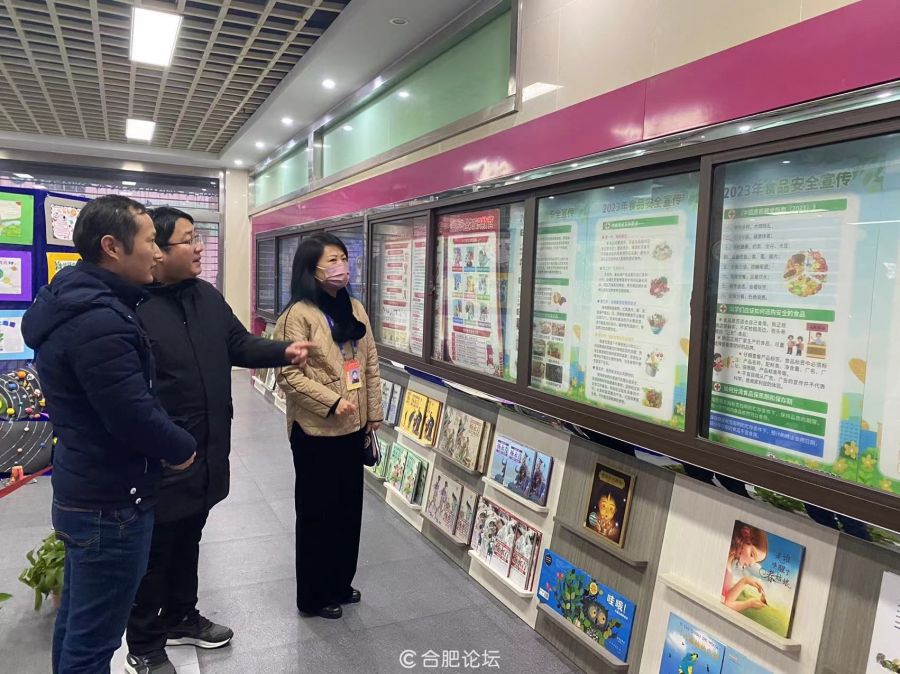 为进一步加大创立国家卫生城市作业力度,全面做好迎候国家卫生城市创立作业。12月19日下午,合肥市庐阳区职责督学金鑫到合肥市红星路小学教育集团对校园创立国家卫生城市作业进行督导检查,副校长叶红海、校园总
...[详细]
为进一步加大创立国家卫生城市作业力度,全面做好迎候国家卫生城市创立作业。12月19日下午,合肥市庐阳区职责督学金鑫到合肥市红星路小学教育集团对校园创立国家卫生城市作业进行督导检查,副校长叶红海、校园总
...[详细]
-
 总台记者。得悉,当地时间8日早间,耶路撒冷一处宗教场所产生火情,现场部分物品被损毁,暂未有人员伤亡陈述。以色列内政部长称这一事情为“纵火突击”并表明斥责,他要求情报部门对此事打开查询。据了解,在起火地
...[详细]
总台记者。得悉,当地时间8日早间,耶路撒冷一处宗教场所产生火情,现场部分物品被损毁,暂未有人员伤亡陈述。以色列内政部长称这一事情为“纵火突击”并表明斥责,他要求情报部门对此事打开查询。据了解,在起火地
...[详细]
-
 人民网北京4月11日电 记者罗知之)据中国人民银行网站音讯,为强化体育金融服务,支撑体育产业高质量开展,进一步促进扩展体育消费,近来中国人民银行、体育总局、金融监管总局、中国证监会等四部分联合印发《关
...[详细]
人民网北京4月11日电 记者罗知之)据中国人民银行网站音讯,为强化体育金融服务,支撑体育产业高质量开展,进一步促进扩展体育消费,近来中国人民银行、体育总局、金融监管总局、中国证监会等四部分联合印发《关
...[详细]
-
“让愿望亮光”京东五星电器百万助学6所职业院校472名学子 五年建立15个“星光愿望班” 京东五星电器助学职业教育
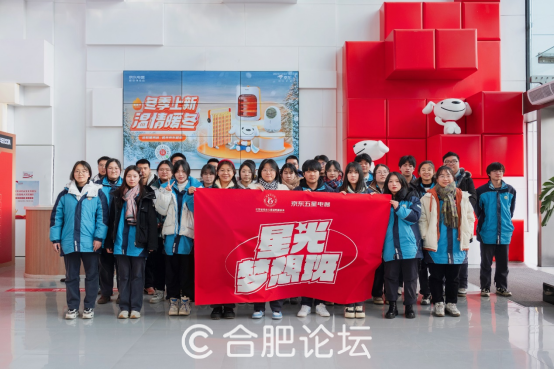 12月,京东电器超级体会店合肥店简称:京东超体合肥店)接待了一批特别的“朋友”——30名来自作业院校的学生代表。由江苏省妇女儿童福利基金会、京东五星电器和南京商业校园联合主办的公益项目2023年“星光
...[详细]
12月,京东电器超级体会店合肥店简称:京东超体合肥店)接待了一批特别的“朋友”——30名来自作业院校的学生代表。由江苏省妇女儿童福利基金会、京东五星电器和南京商业校园联合主办的公益项目2023年“星光
...[详细]

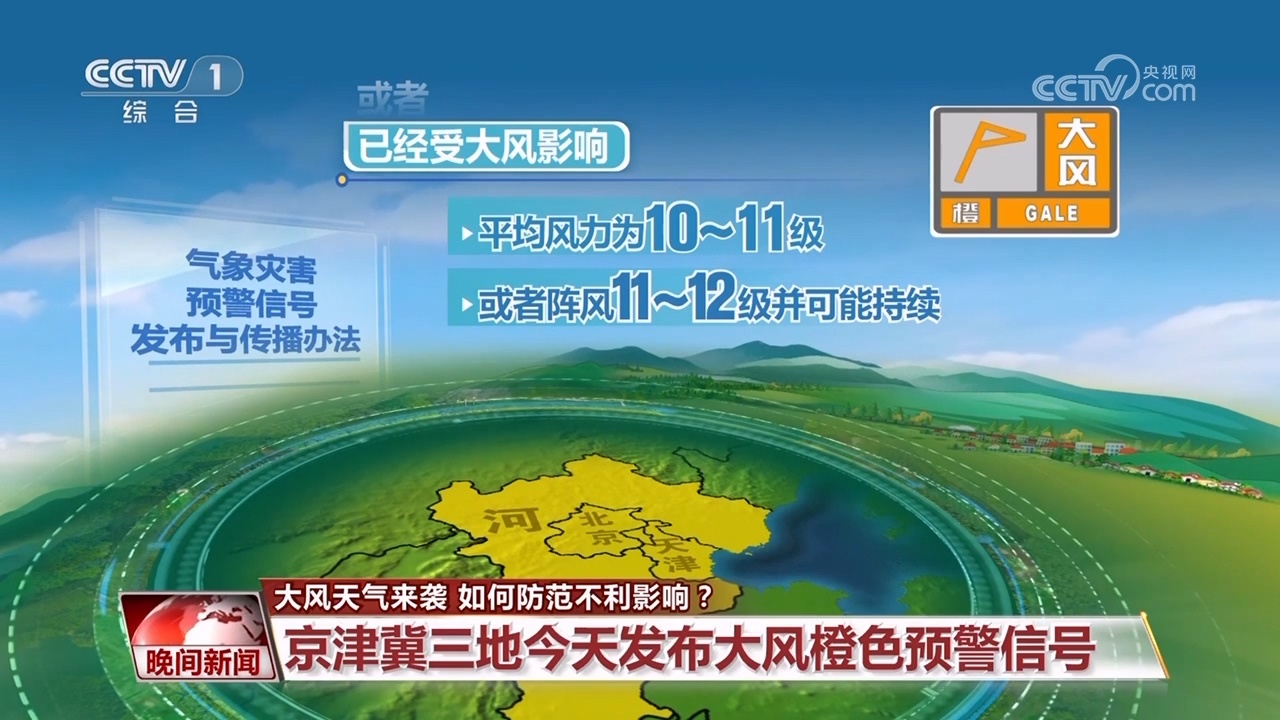 本轮强风沙尘降温气候将怎么影响我国?怎么防备?一文了解
本轮强风沙尘降温气候将怎么影响我国?怎么防备?一文了解 合肥市安庆路第三小学教育集团灵溪校区:创卫作业严执行 查看督导促提高
合肥市安庆路第三小学教育集团灵溪校区:创卫作业严执行 查看督导促提高 全球品牌,怎么赢在我国?
全球品牌,怎么赢在我国? 精准切除+功用重建!湖北省第三人民医院为口腔癌患者带来福音
精准切除+功用重建!湖北省第三人民医院为口腔癌患者带来福音
